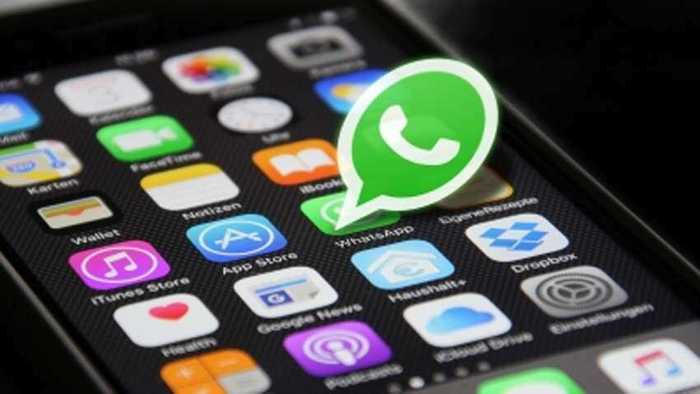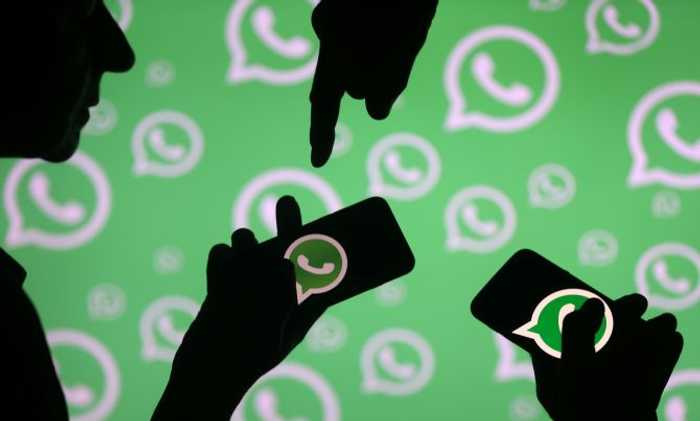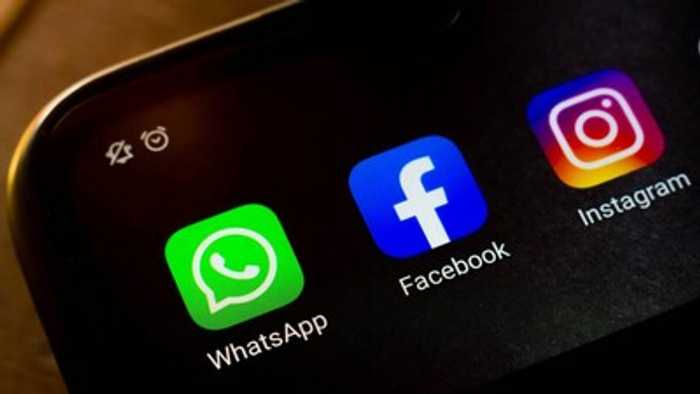Published 11:13 IST, April 27th 2024
WhatsApp Vs Centre Debate: What Is End-To-End Encryption, IT Regulations 2021 | Explained
WhatsApp Controversy: With a firm stance that breaking its end-to-end encryption would breach its privacy, WhatsApp has stated that it will not do so.
Advertisement
WhatsApp threatened to halt operations in India in response to a regulation in the 2021 Information Technology Rules that requires social media companies to disclose the original author of a message to an appropriate body upon request. WhatsApp has notified Delhi High court that the new law will force it to violate end-to-end encryption, one of the messaging app's main privacy features.
"As a platform, we are saying, if we are told to break encryption, then WhatsApp goes," Attorney Tejas Karia, representing WhatsApp, said before the Division bench that included Chief Justice Manmohan and Justice Manmeet Pritam Singh Arora. The Delhi High Court responded, “It is necessary to strike a balance... privacy rights were not absolute.”
Advertisement
The IT regulations 2021 for social media intermediaries in India, which mandate that they identify the original source of content, were challenged by WhatsApp and Meta in a lawsuit. The 2021 IT (Intermediary Guidelines and Digital Media Ethics Code) contains Information Technology Rule 4(2), which requires "significant social media intermediaries" to "enable the identification of the first originator of the information," as required by a court order or other competent authority. This rule is the subject of a legal challenge.

On February 25, 2021, the government announced the Information Technology (Intermediary Guidelines and Digital Media Ethics Code) Rules, 2021, which mandated that major social media sites, including Facebook, Instagram, WhatsApp, and Twitter, adhere to the most recent standards. Numerous petitions about the matter were pending before various high courts, including the high courts in Karnataka, Madras, Calcutta, Kerala, and Bombay.
Advertisement
WhatsApp Says 'No'
With a firm stance that breaking its end-to-end encryption would breach its privacy, WhatsApp has stated that it will not do so. End-to-end encryption and its advantages are "at risk," according to a 2021 petition filed by WhatsApp, which cited the necessity for intermediaries to allow the identification of the original information creator in India upon government or court order. The traceability requirement, it claimed, violated the "fundamental right to privacy." With regard to Rule 4(2) of the intermediary rules, which mandates allowing the identification of the first originator of information, WhatsApp has urged the high court to declare it unlawful, unconstitutional, and beyond the purview of the IT Act. Additionally, the company has requested that it be exempt from criminal liability for any alleged violations of this rule.

Government's Standpoint
The Centre argues that traceability, in knowing the first originator of the message, is significant in tackling harmful content such as fake news or hate speech. The government said that Section 87 of the Information Technology Act gave it power to formulate Rule 4(2) to curb fake news or “instigating” content that threatens national security or communal harmony. Section 4(2) mandates significant social media intermediaries to enable identification of the first originator of information in “legitimate state interest” to curb fake news.
Advertisement
New IT Rules 2021
- In the past, intermediaries were only required to warn users against posting specific types of illegal or harmful content. Under the new amendments, intermediaries are required by law to undertake reasonable measures to stop users from posting this kind of content. The additional clause will guarantee that the intermediary's responsibility goes beyond simple formalities.
- Intermediaries must now abide by the rights that users are given under Articles 14, 19, and 21 of the Indian Constitution, which include the right to privacy, transparency, and a reasonable expectation of due diligence.
- The norms and regulations of the intermediary must be communicated clearly by using regional Indian languages.

Amendments to Rule 3
- The terms "defamatory" and "libellous" have been removed from subclause 1 of rule 3 (rule 3(1)(b)(ii)) in order to simplify the grounds.
- A judicial review process will be used to evaluate if any content is libellous or defamatory.
- A few of the content categories in rule 3(1)(b) subclause 1 have been reworded, specifically to address misinformation and content that can instigate violence between caste or religious groups.
What Is End-To-End Encryption
End-to-end encryption is a feature of social media messaging and video chatting apps that protect data and information from hackers while it's in transit. Communication is encrypted by the system and is only readable by the device that is supposed to receive it.
In other words, the encryption happens on the sender's device and is sent to the recipient—whose device matches the encryption code—through service providers like WhatsApp, Instagram, and Zoom. The message is decoded into a readable format after the code match. Video calling formats are also affected by this. As per the FAQ page of WhatsApp, "end-to-end encryption ensures that nobody in between, not even WhatsApp, can read or listen to what is sent."
Advertisement
11:13 IST, April 27th 2024